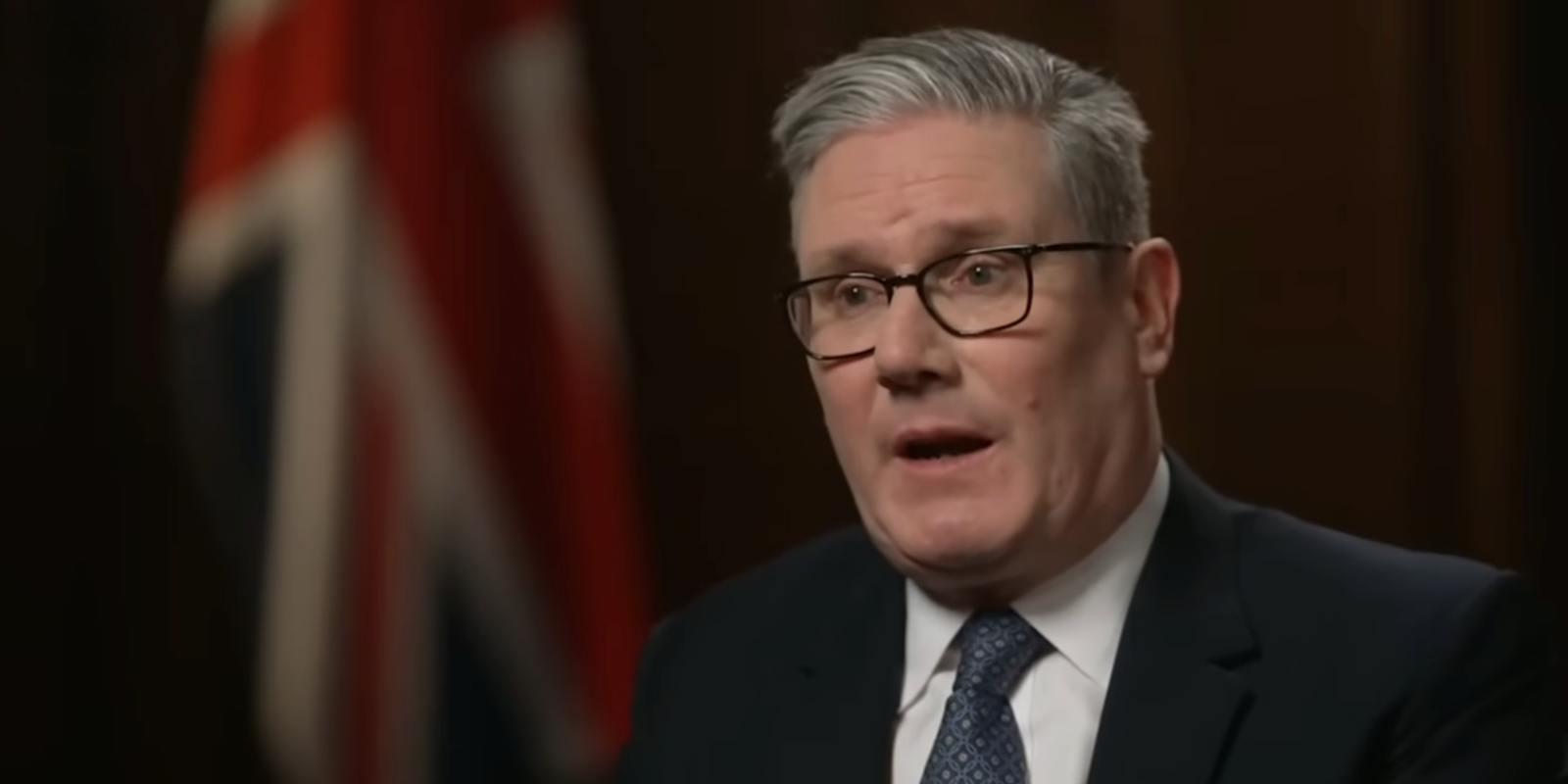This article originally appeared on heartland.org.
While the Republican Party picked up at least eight seats in the U.S. Senate, voters in four states under GOP control approved binding minimum-wage increases. Some Republican senators-elect had voiced their support for the ballot initiatives after initially backing pro-growth policies.
According to a September 17 poll of 1,009 Americans by CBS News and the New York Times, one in two Republican Party voters favors raising the federal minimum wage to $10.10. Support for the idea is much more intense among Democratic Party and unaligned voters???68 percent of polled unaligned voters and 88 percent of polled Democrats supported it.
Flip-Flops or Snowshoes?
In Alaska, where voters approved increasing the state minimum wage by $2.00 over the next two years, Republican??? U.S. Senate candidate Dan Sullivan opposed the ballot initiative in August, but changed his stance in September as Election Day neared.
Speaking to the Alaska Dispatch News in September, Sullivan???s campaign spokesman Mike Anderson explained the candidate reversed his stance because the former state Attorney General had taken the opportunity ???to read the minimum wage initiative.???
However, Sullivan had told reporters from the Associated Press in January, ???simply raising the minimum wage isn???t an answer; it???s an acknowledgement of President Obama???s broken promises and failed economic policies.???
During the primary campaign season, Sullivan told the Fairbanks Chamber of Commerce he would vote against the wage hike. Joe Miller, who did not receive the primary nomination from Alaska voters, also indicated he would vote against the measure.
Noting Sullivan???s reversal, local labor groups criticized the candidate, claiming his reconsideration was political in nature. A press release from the Alaska AFL-CIO???a group backing the initiative???said Sullivan ???appears to be able to read polls and knows that opposition to the wage increase might have helped him in a closed primary, but it hurts his appeal to general election voters.???
Coy Cotton
In Arkansas, another state where voters approved a minimum wage hike, U.S. Senate candidate Tom Cotton remained noncommittal regarding the ballot issue for most of the campaign season, until a September 5 appearance on a local conservative radio talk show, in which he explained he was ???going to vote for that initiated act as a citizen.???
For every Arkansas voter who opposed the minimum wage hike, two voters supported the measure. Polling conducted in August overestimated support for the measure by approximately 13 percent, as preelection estimates found 79 percent of polled Arkansans supported it.
Cotton???s opponent, incumbent Mark Pryor, was a vocal supporter of the ballot measure, but opposed President Barack Obama???s proposal to raise the federal hourly minimum wage to $10.10.
Automatic Hikes
Although some successful Republican candidates for high-profile U.S. Senate races may seem to have capitulated to calls by labor groups, other senators-elect did not bend to such pressure. In South Dakota, Repubican senatorial candidate Mike Rounds maintained his opposition to the state???s wage-hike proposal throughout the campaign.
As with many of the propositions placed before voters this year, South Dakota???s proposal featured an initial sharp wage increase, followed by future automatic increases tied to economic indicators. During debates in October, Rounds specifically pointed to the automatic nature of the ballot measure as a bad idea.
???I believe that the minimum wage should be reviewed every single year,??? Rounds said at the Sioux Falls public debate. ???But it should not have inflation factors like the one that???s on the ballot today.???
As approved by voters, the state???s minimum wage will increase by $1.25 per hour on January 1, 2015, and continue to increase without further voter input after that.
Red-State Mandate?
Labor groups??? successes at the voting booth???including support in so-called ???red states??? such as Arkansas and South Dakota???was cited by President Barack Obama as evidence of continued public support for his economic agenda, despite the shift of partisan control of the U.S. Senate.
???Where voters had a chance to vote directly on that agenda item [increasing the minimum wage], they voted for it,??? he said, responding to a question from Associated Press reporter Julie Pace. ???And so I think it would be hard to suggest that people aren???t supportive of it. We know that the surveys consistently say they want to see that happen.???
Concluding his remarks by answering a question from National Public Radio correspondent Scott Horsley, the president expressed optimism the American electorate supported his economic agenda.
???I think there are some concrete things we can do to make sure that wages and incomes do go up,??? he said. ???Minimum wage in those five states was a good start.???
Jesse Hathaway ([email protected]) is managing editor of Budget & Tax News.





